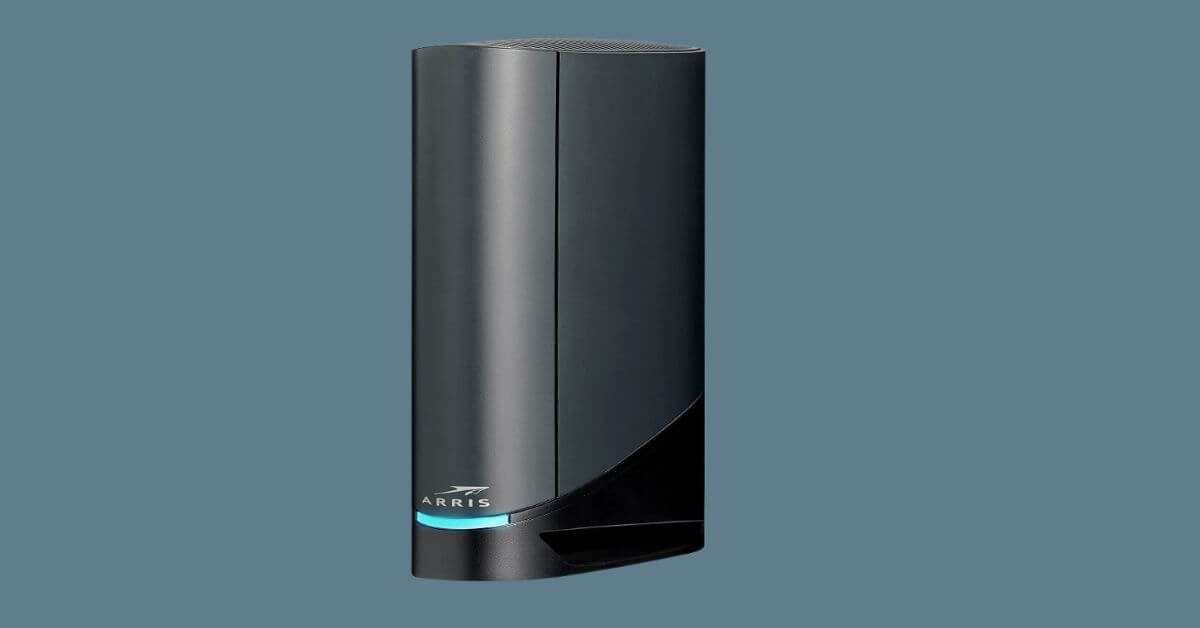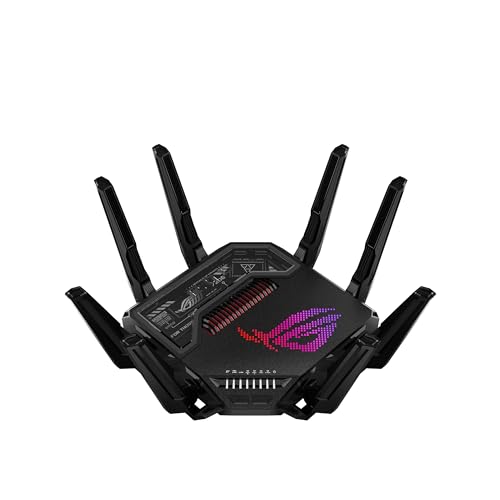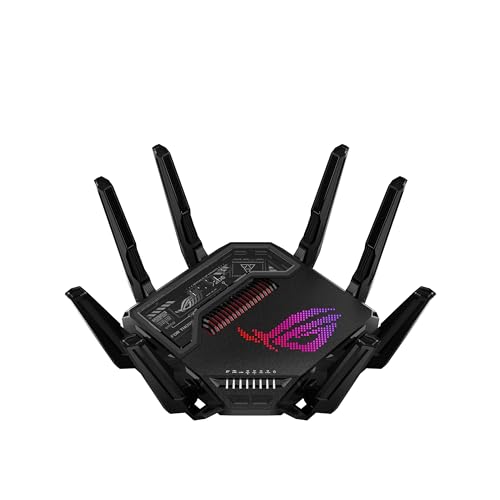Find out the answer to this common question: How Many Watts Does a Modem Use? Learn more about power consumption of modems and get the answers to all your WiFi-related questions.
The modem is one of the most important devices in your home, and it’s also one of the biggest power hogs. If you’re not careful, your modem can easily use up a large chunk of your monthly electricity bill. So, how many watts does a modem use?
Modems come in all shapes and sizes, and their wattage usage varies widely. The average modem uses between 6 to 12 watts of power, but some high-end models can use as much as 30 watts. To put that into perspective, a typical incandescent light bulb uses about 60 watts of power.
So, if you have a high-end modem that’s using 30 watts of power, it’s essentially like having two light bulbs running non-stop in your home.
A modem is a device that connects your computer to the internet. It uses a phone line or cable to connect to the internet service provider (ISP). The speed of the connection depends on the type of modem you have and the type of internet service you have.
Modems come in different shapes and sizes, but they all have one thing in common: they use electricity to function. But how much power do they really use? The answer may surprise you: most modems use very little power.
In fact, many modems use less than 1 watt of power when they’re idle (not in use). And when they are in use, they typically only draw a few watts more. To put this into perspective, let’s compare the power usage of some common devices:
– A 60-watt incandescent light bulb uses about 60 watts of power when it’s turned on. – A 40-watt fluorescent light bulb uses about 40 watts of power when it’s turned on. – An energy-efficient LED light bulb uses about 10 watts of power when it’s turned on.
– Most laptop computers use between 20 and 50 watts of power while they’re being used. – Desktop computers can use up to 300 watts while they’re running at full capacity. As you can see, even though laptops and desktop computers require more wattage than a modem, their actual usage is usually lower because they aren’t used continuously throughout the day like a modem is.
So overall, modems are quite efficient when it comes to electricity usage!
Our Top Picks Modem
[amazon table=”5478″]
How Many Watts Does a Modem Use
Most modems use between 2 and 4 watts of power. The specific amount of power your modem uses depends on the model of modem you have. You can typically find this information in the product manual or on the manufacturer’s website.
How many watts does a router use per hour
The modern home or office relies heavily on technology to stay connected and efficient. An essential element of that technology is the router, which plays a vital role in providing an uninterrupted Wi-Fi connection. But how much energy does this device use? This article will explore just how many watts a router uses per hour.
When looking at the wattage of routers, it is important to note that they vary greatly depending on the make and model. Generally speaking, most routers consume around 3-6 watts per hour while they are actively transmitting data over a wireless network. When not transmitting data (i.e., when in standby mode), routers consume 1-2 watts of power per hour. Therefore, if you have your router turned on 24 hours a day, you can expect it to use around 7-18 watts of electricity every day.
Final Thoughts
Modems use very little power, typically around 2-4 watts. They don’t use much more power when they are actively transmitting data, so there’s no need to worry about them using a lot of electricity.




Leave a Reply
You must be logged in to post a comment.